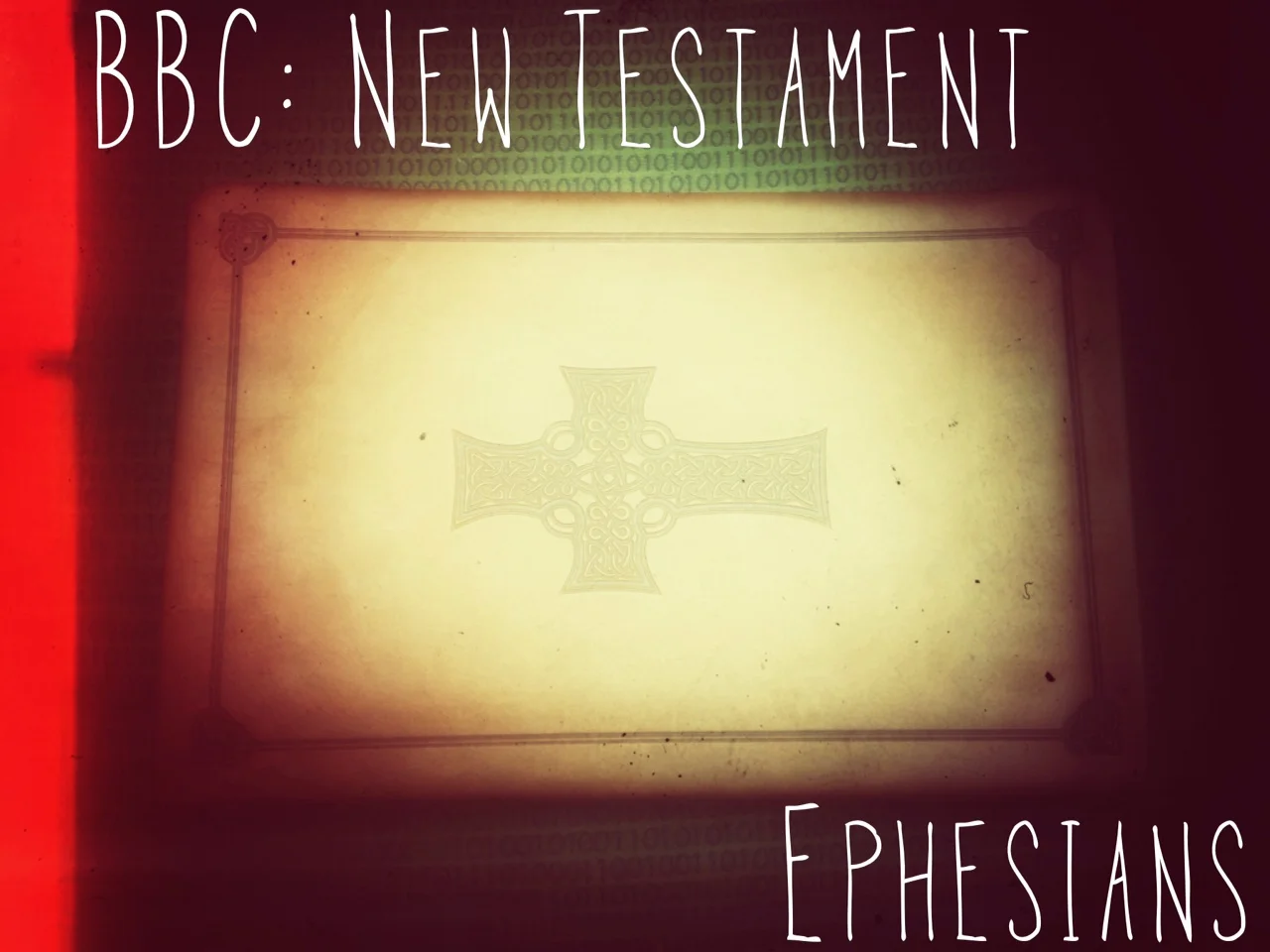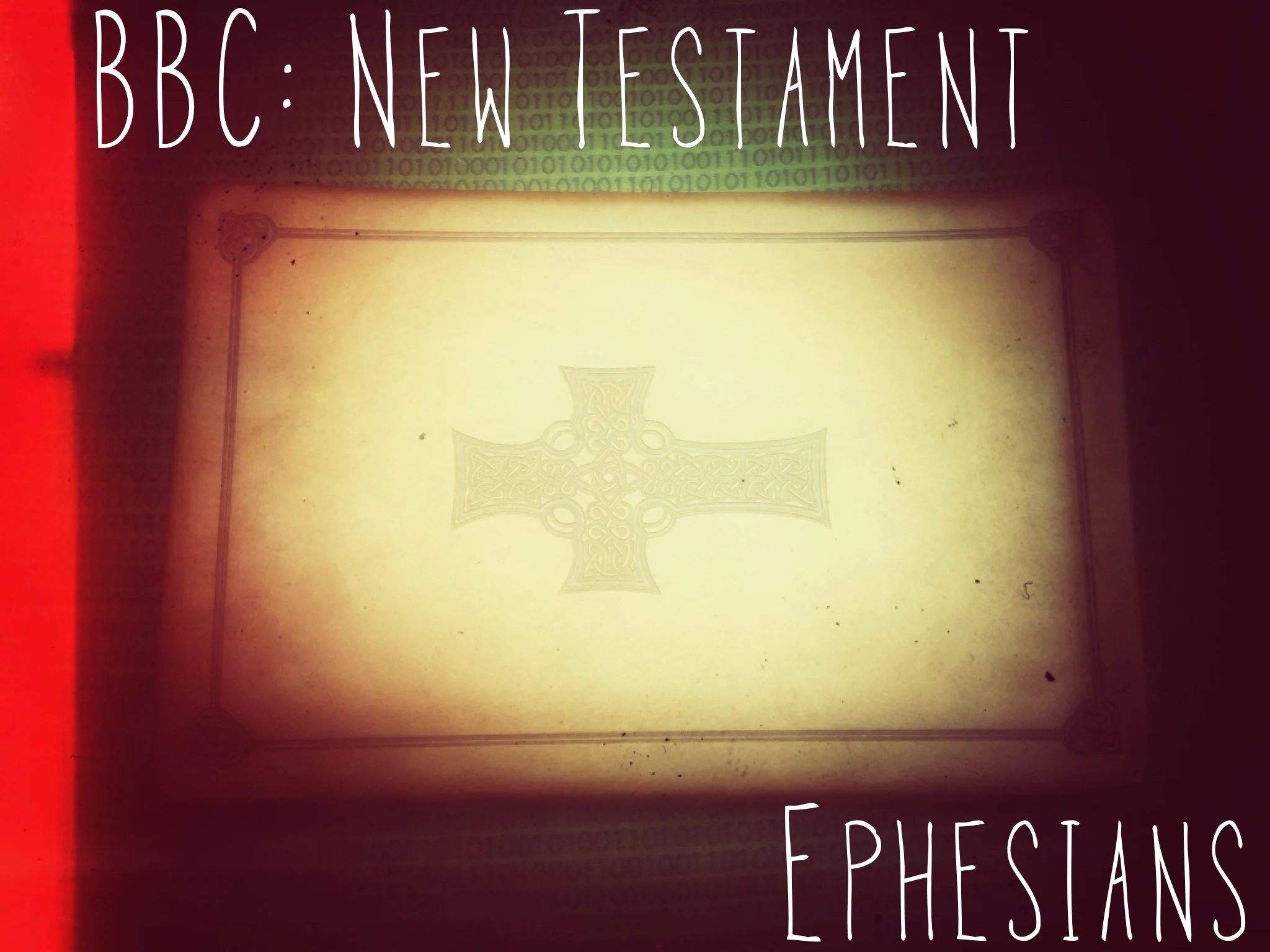One cannot be the faithful who calls upon the Lord (v. 1) when he is crying out “there is no God” (v. 4). So how is one to determine what his heart is truly proclaiming? Inspect how they treat the poor (v. 2), proscribe their level of greed (v. 3) and analyze their pride (v. 4, 6).
Knowing these things to be true, the psalmist is able to pray that they be brought about now (v. 19). With judgment comes fear and knowledge (v. 20). For salvation to come judgment must come followed by swift repentance.
BBC: Ephesians 1:1-2
Some of the earliest texts do not include the destination “Ephesus”. Though a helpful context for the culture, it cannot be depended upon for serious exegetical difficulties. Instead the focus should be placed on who is being spoken to descriptively: the “set apart” of Christ Jesus. This is the church (1 Pet 2:5) destined for militant faithfulness.
Jesus Love Me, So I'm Told?
On good
In a hyper-symbolic sense, the consumption of food for life is a type of resurrection. But it isn't so "hyper-symbolic" when one realizes that those who eat and drink Christ have eternal life. He is the bread of life. He has water able to remove thirst. He is the ultimate death that sustains ultimate life.
BBC: Ephesians Introduction
The following outline was derived after multiple readings of the text in different translations leading up to the start of the nearl 80 weeks of teaching time. Of everything written, this alone remains unchanged and continues to be an abridged roadmap for the study of Paul’s letter to the Ephesians.
It is because of these truths that God is to be praised. In complete knowledge of God is He to be praised. This includes His judgment on those who afflict His saints (v. 12-13). A fully Biblical Christian can’t help but sing of God’s judgment against sinners for it is our proclamation that God is in fact God.





